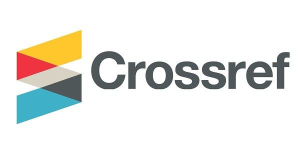The Effects of Storytelling on Primary Students' Arabic Vocabulary Acquisition and Interest
DOI:
https://doi.org/10.31436/ijes.v5i2.202Abstract
This article reports on a quasi-experimental study conducted to determine the effectiveness of storytelling in enhancing students’ Arabic vocabulary acquisition and interest in the technique. The experiment was carried out with 24 Primary 6 students over a period of one and a half weeks at a well-established madrasah in Singapore. Two instruments were used to collect data on Arabic vocabulary acquisition and student interest in storytelling, namely Wesche and Paribakht's (1996) Vocabulary Knowledge Scale and an Interest-in-Storytelling questionnaire. To address the research questions, the study used descriptive statistics, independent samples t-test and paired samples t-test. The main observations were: i) the control group obtained a higher mastery of Arabic vocabulary after the experiment was conducted, which was due to their relatively higher academic ability; ii) the two groups had unequal ability from the very onset of the study; iii) based on Cohen’s d effect size of 3.68, the storytelling technique had a tremendous effect on the treatment group's Arabic vocabulary acquisition; and (iv) students expressed a general interest in storytelling as a means of learning Arabic vocabulary where a majority (83%) liked storytelling as a method to discover new words. The study made some recommendations on how teachers can improve their practices of storytelling to increase students' learning of Arabic vocabulary .
Metrics
Downloads
Published
How to Cite
Issue
Section
License
The Journal will own copyright to all published works and have the right of first publication, both in print and online, unless other arrangements are made with the Editors in advance. It is the author`s responsibility to ensure that where copyright materials are included within an article the permission of the copyright holder has been obtained beforehand.






















